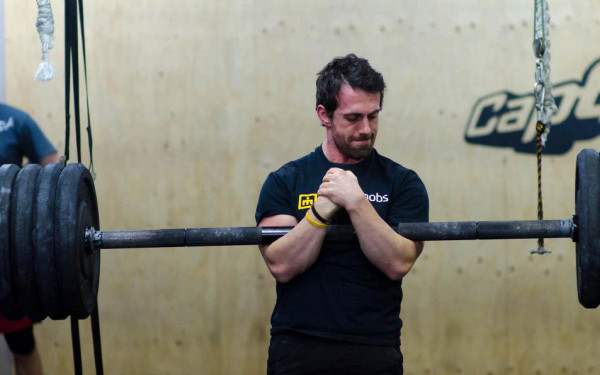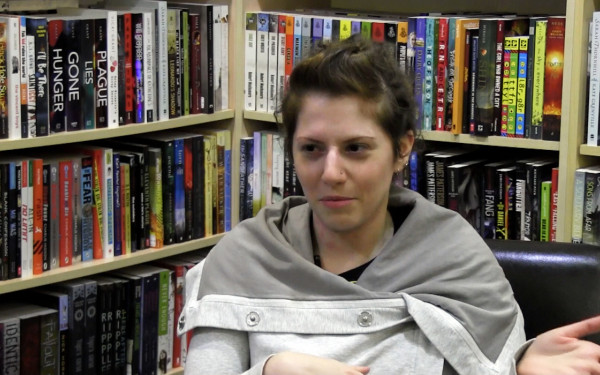Concordia Organization Helps Entrepreneurs Succeed
Getting started is often the toughest hurdle in the business world. District 3, Concordia’s startup incubator, was developed to help fledgling companies overcome that.
Traditionally when people start a business, they have to write up a business plan and let the market show whether or not the plan makes sense, said chief entrepreneur in residence Alain Readman Valiquette. “That’s changed now, because we’re using validation methodology beforehand,” he continued.
Founded in 2012 by Concordia alumnus and entrepreneur Xavier-Henri Hervé, the organization brings students, faculty and alumni together to help give startups the direction they need to succeed.
District 3 devises experiments to test each aspect of the business model in order to determine its chance of success. Ensuring that a business doesn’t go ahead with a flawed model is an important aspect of the program. “For us, a team who’s going to fail fast as opposed to fail long [term] is a success,” Valiquette continued.
If the business has a sound business model, they can apply to get a team recruited from within the university to help develop what’s known as an MVP—a minimum viable product that attempts to reflect what the business will one day produce. The product then goes through testing and further development to determine how best to reflect customers’ desires and expectations.
As well as testing the startups’ ideas, District 3 also provides them with coaching on the many aspects of running a business to ensure that success of the model will be properly managed.
Despite the many startups that never make it past the testing stage, District 3 has already seen some strong achievements in the short time it has been operating. Some of the startups have received funding of up to a quarter million dollars, and some are already selling their products. “I think that’s at the end of the day the best form of validation, when we’ve got people selling their products,” Valiquette said.
Although the organization is composed mostly of people affiliated with Concordia, the startups come from all over Montreal, often having been referred to District 3 by local organizations it partners with. Examples include Montreal NewTech, FounderFuel, Notman House, the Centres Locaux de Développement (CLDs) and the Founder Institute.
Some of the successes that District 3 helped along so far include Jotun—a PC game centring around Viking purgatory which has received $64,265 on Kickstarter—Revol Technologies, which has developed a set of custom-fit Bluetooth earphones and E-panneur, an online grocery shopping website.
As well as providing a place to develop startup businesses, District 3 also provides a place for Concordia students to get real-life work experience while still in school. Students can join a team to help develop a product where they can gain valuable skills and experience and earn the potential to get a job in the company itself.
For a startup with a limited budget, District 3’s services are provided free of charge. According to its website, the service operates on the idea that once a business becomes successful, it will give back to the community that helped get it started.

_600_832_s.png)


01_600_375_90_s_c1.jpg)

2_600_375_90_s_c1.jpg)